
ISO 12405: establishes safety standards for electrically driven road vehicles, including performance requirements for batteries and battery systems.
ISO 6469-1: establishes safety specifications and test requirements for on-board rechargeable energy storage systems (RESS) in electrically powered road vehicles.
SAE J2288: defines a life cycle test method for electric vehicle battery modules to assess battery durability.
SAE J2464: Covers safety and abuse test requirements for electric and hybrid electric vehicle rechargeable energy storage systems (RESS).
SAND 2005-3123: provides manuals and guidelines for abuse testing of electrical energy storage systems in electric and hybrid vehicle applications.
UN 38.3: is a recommendation for the transportation of dangerous goods, including battery testing and safety test procedures in a standardized manual.
UL 2580: is a safety standard for electric vehicle batteries to ensure that they are safe in design and use.
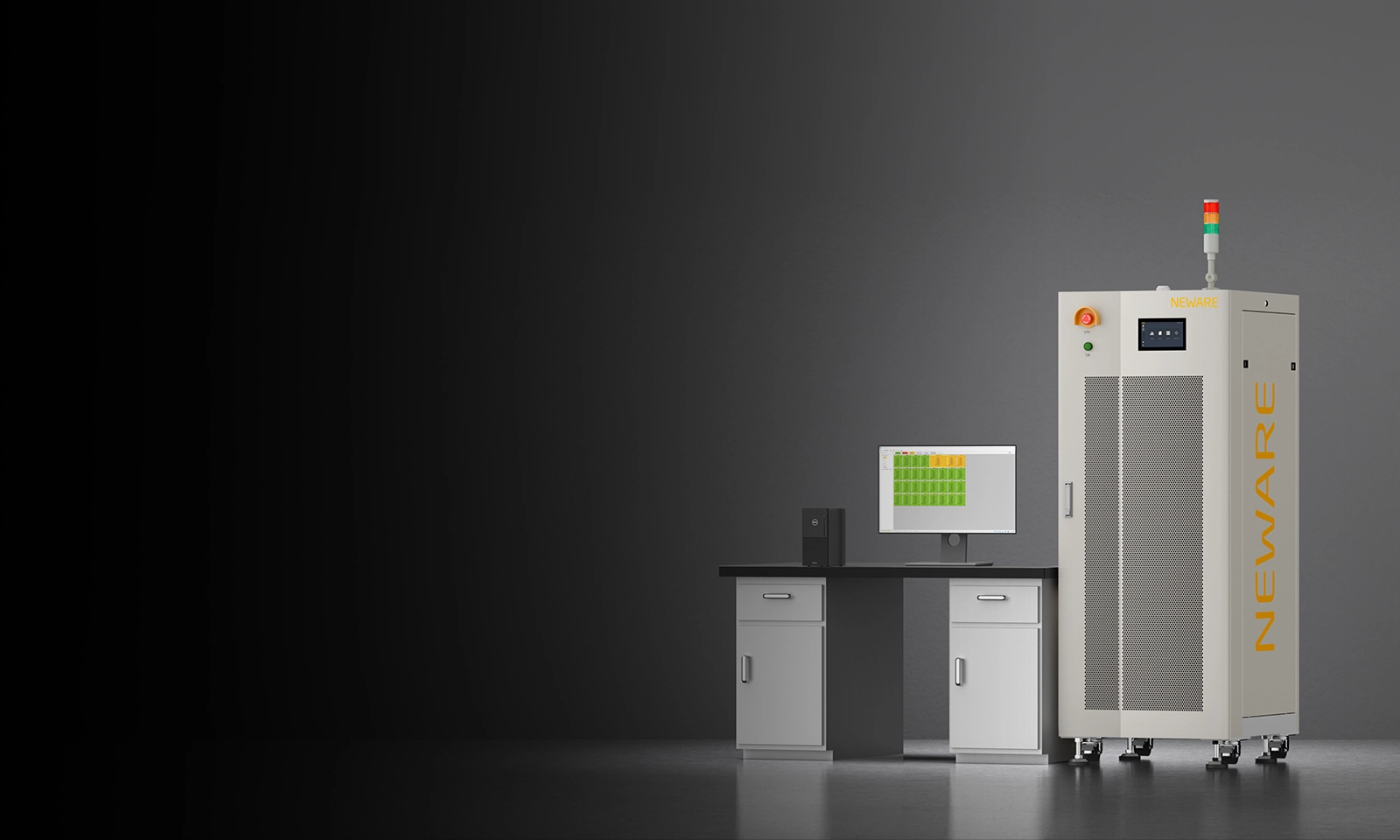
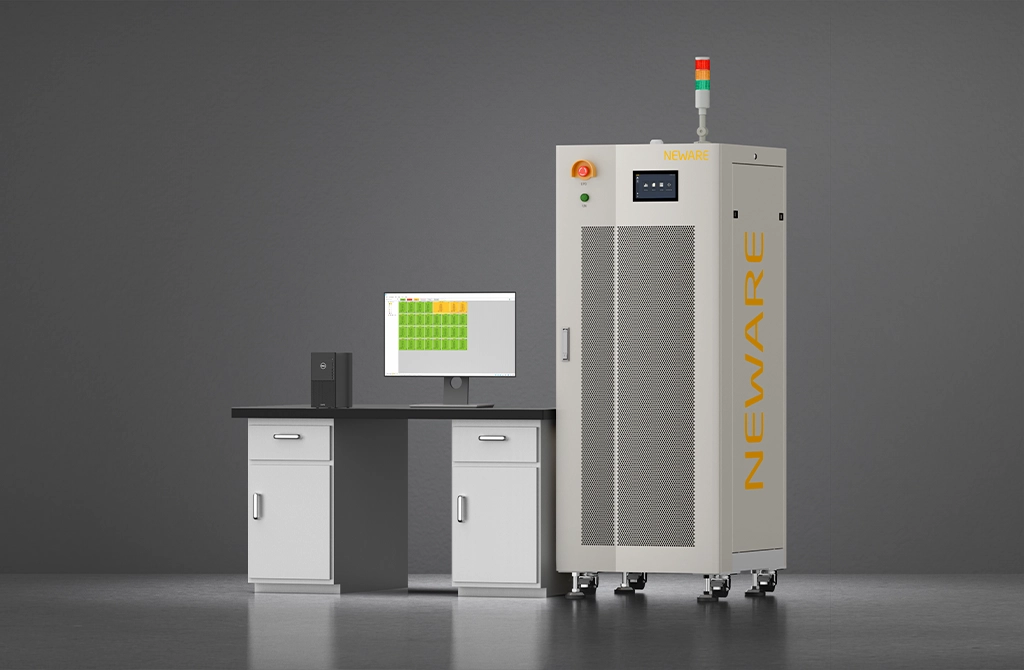
NEWARE CE-6000 series battery testing system is designed for testing electric vehicle power cells and battery modules, equipped with various testing functions such as simulation of operating conditions and DCIR (Direct Current Internal Resistance) testing, which is crucial for in-depth research and evaluation of the electrical performance of battery packs. The system also supports multiple communication protocols to achieve efficient communication with the Battery Management System (BMS), ensuring the timeliness and accuracy of test data.
● Modular power units: the AC/DC and DC/DC two-stage high-frequency isolation modular design allows for flexible combination based on different current ranges, channel numbers, and power levels.
● Energy feedback: the system recovers energy from battery discharge to supply other test channels or return to the internal network.
● Communication protocol support: supports CAN and RS485 communication protocols for efficient communication with the Battery Management System (BMS), ensuring the timeliness and accuracy of test data.
● Direct Current Internal Resistance (DCIR) testing: the system can measure the internal resistance of the battery through DCIR testing, which is an important indicator for assessing the health status and predicting the lifespan of the battery.
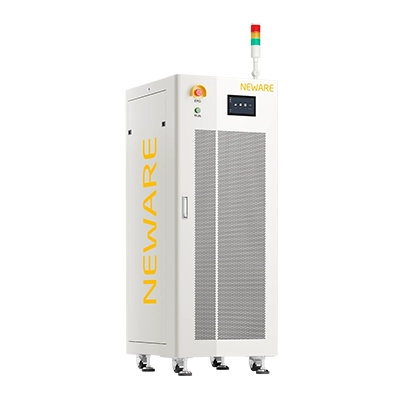
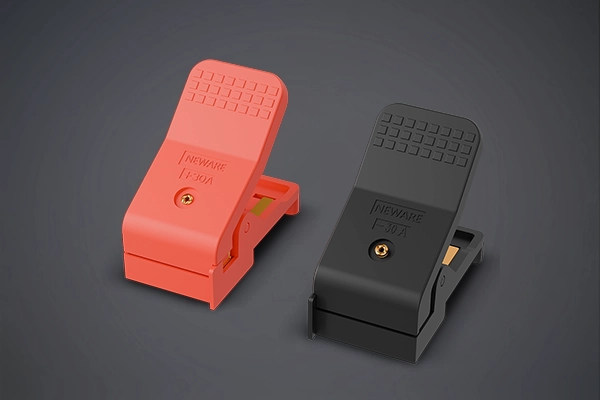

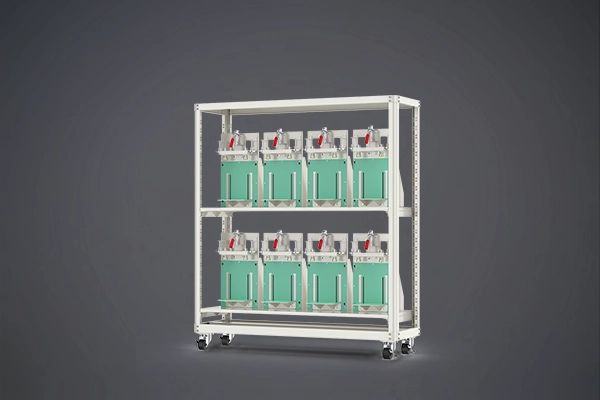
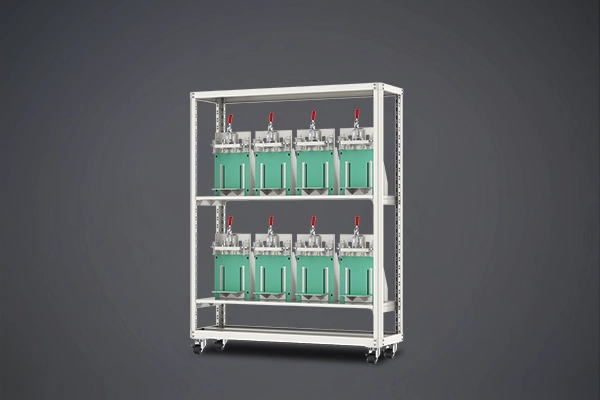
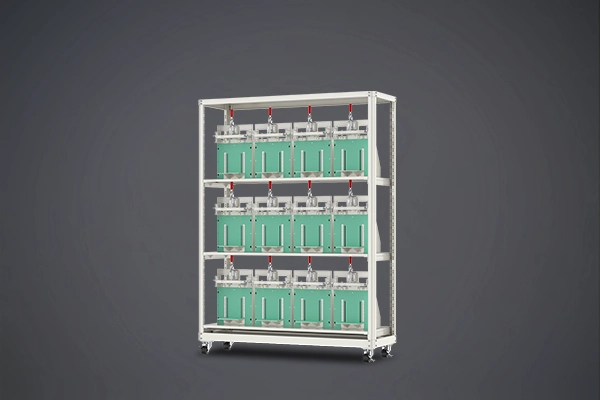
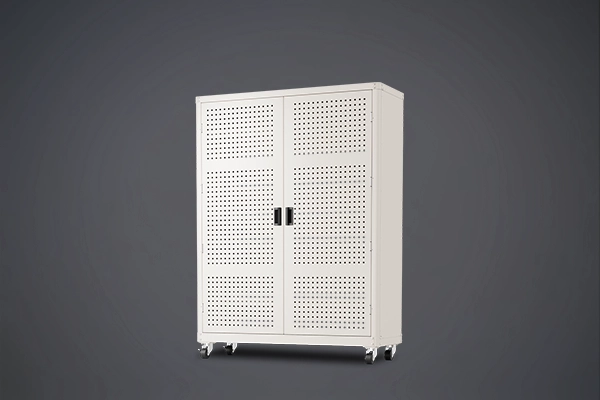
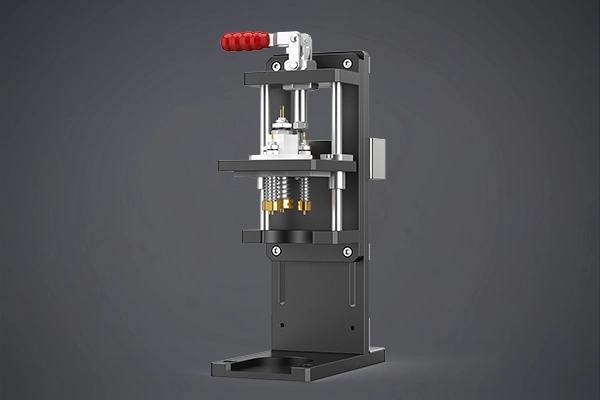
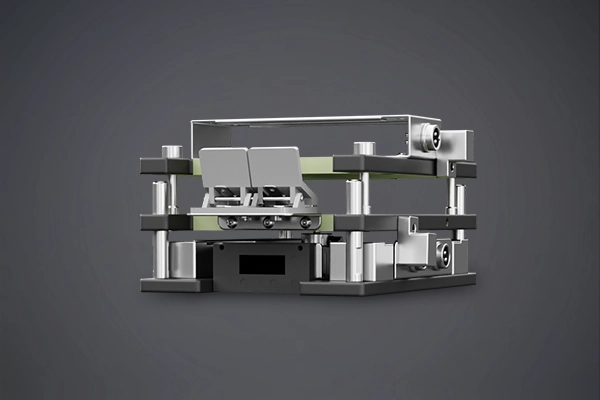
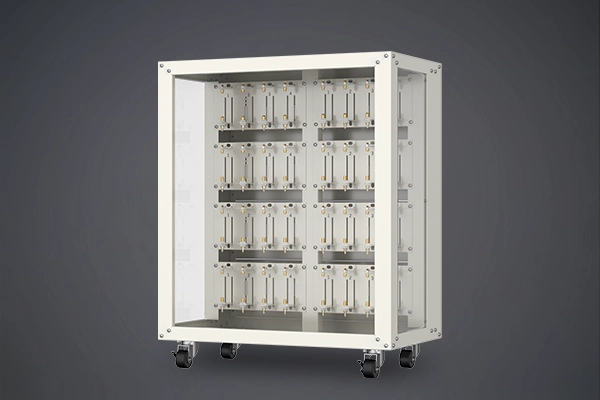
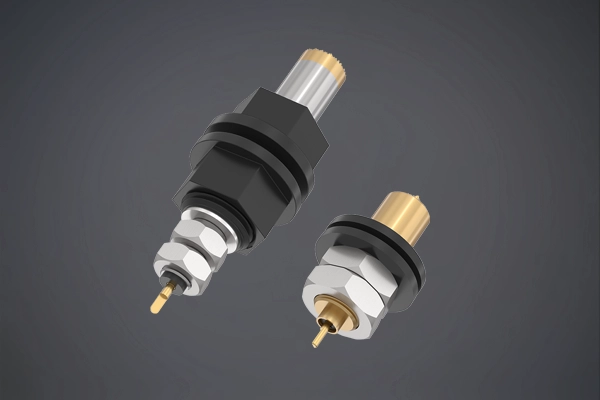
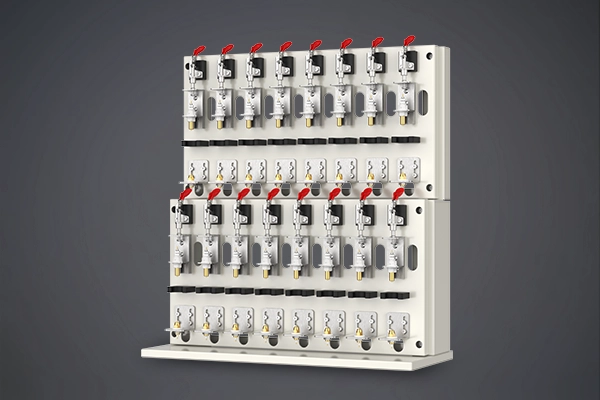
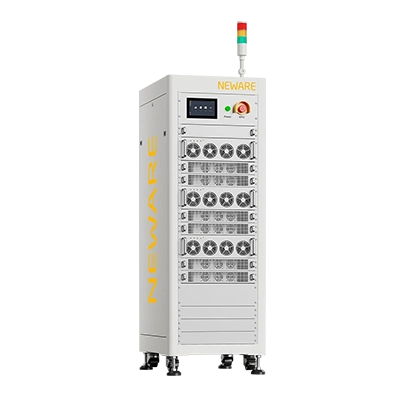











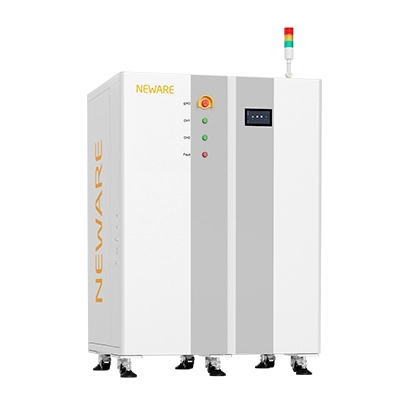
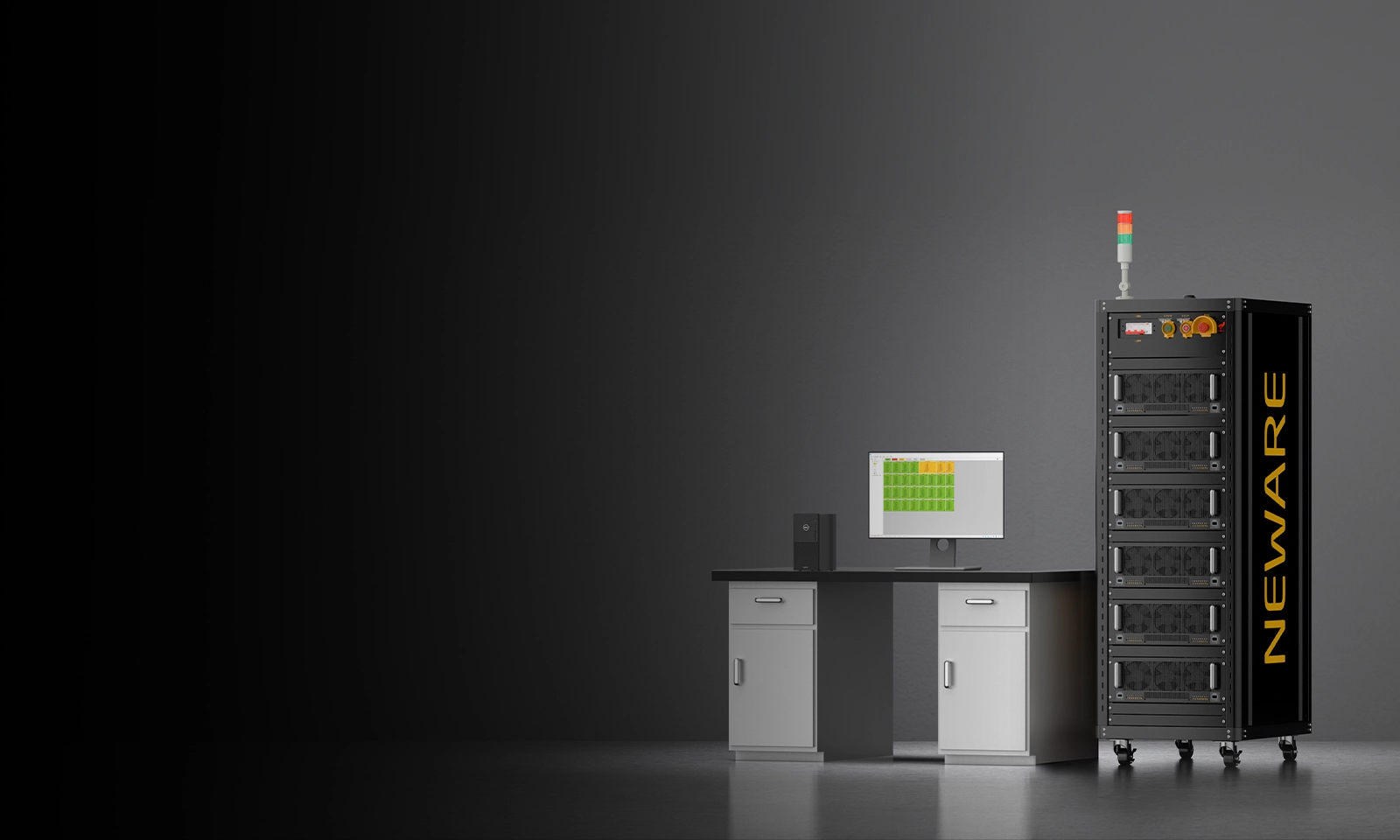

The CE-5000 power cell testing system provides high-precision testing for power batteries, packs, and electric vehicle manufacturers. The system supports high-speed sampling and multi-parameter testing, including energy density, cycle life, safety assessment, and environmental adaptability tests. By simulating actual working conditions and performing DCIR tests, it ensures that the batteries meet industry standards in terms of safety, durability, and power density.
● High-speed sampling: the system is capable of high-speed sampling to ensure the accuracy and timeliness of the data.
● Response speed: it has an ultra-fast response speed, capable of quickly switching charging and discharging currents, with a response time of ≤1ms, meeting the test requirements for fast charging and discharging of electric vehicle batteries.
● Working condition simulation: the CE-5000 can simulate a variety of working conditions, including fast charging, deep discharging, and shallow charging and discharging, to assess the cycle life and energy retention capacity of the batteries.
● Channel paralleling: the system supports the paralleling of unit channels and across unit channels, achieving unlimited current testing, while maintaining high-precision response in parallel, meeting the test requirements for high-current power batteries.
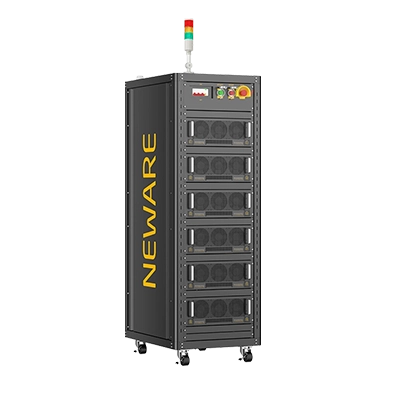











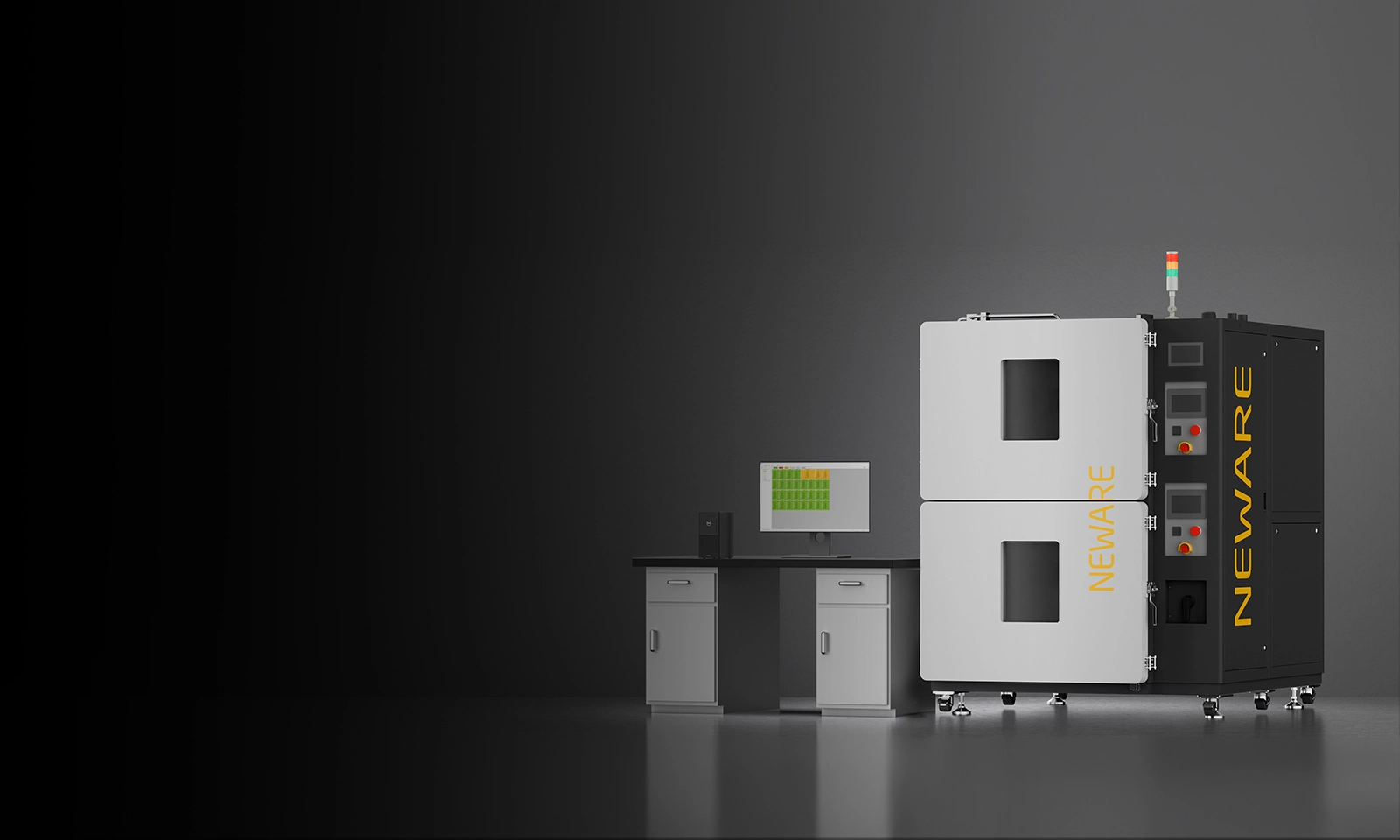
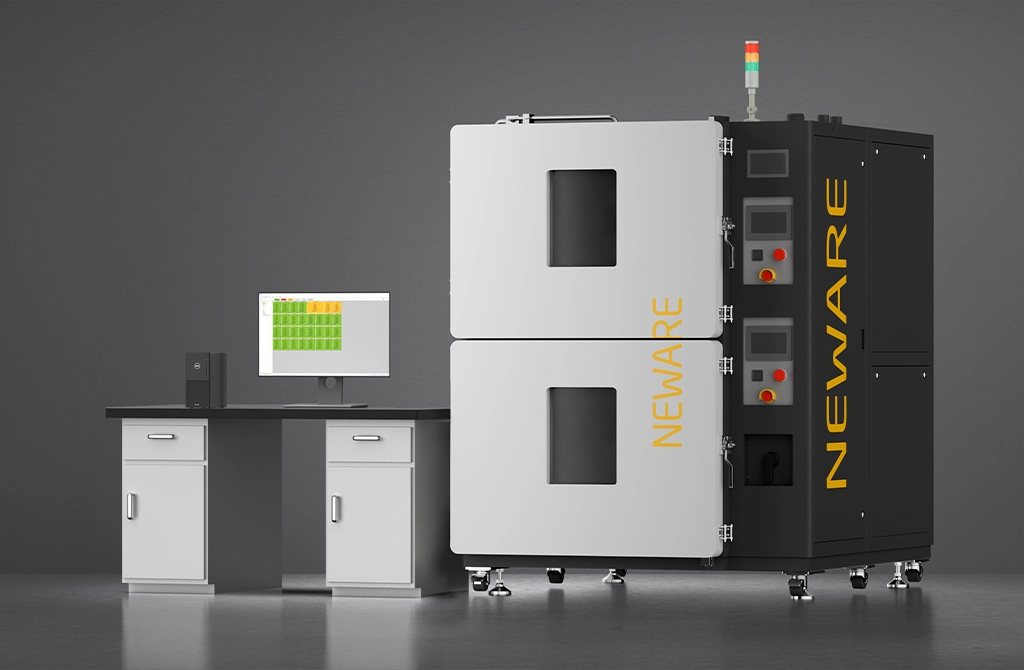
Power batteries need to cope with changes in ambient temperatures. The integrated machine series offers a solution for simulating environmental conditions, integrating temperature control of the test environment with charging and discharging systems to achieve integrated temperature testing of power batteries.
● Integrated design: combining charging and discharging testing with temperature control functions simplifies the testing process, reduces the complexity of wiring between devices, and provides a more streamlined and efficient testing environment, which helps to improve testing efficiency and accuracy.
● Temperature control: the integrated machine series provides precise temperature control capabilities, which is crucial for testing battery performance at specific temperatures and accurately assessing the environmental adaptability and reliability of the battery.
● Cycle life assessment at different temperatures: by conducting tests under set temperature cycling conditions, the cycle life of the battery can be assessed, understanding the impact of temperature changes on the battery aging process, which is significant for predicting the long-term performance and life of the battery.
● Safety performance testing: testing batteries in high or low temperature environments can reveal safety risks under extreme conditions, providing important data support for the safe design and improvement of batteries, ensuring the safe use of batteries under various environmental conditions.
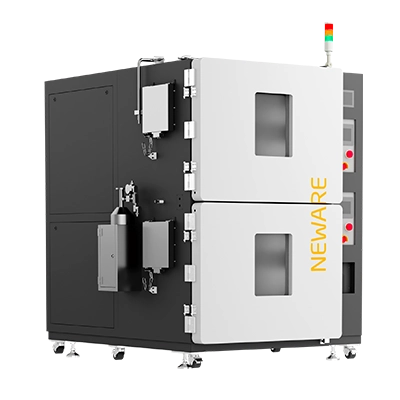
● Voltage & Current Accuracy:±0.05% F.S.
● Recording Frequency:100Hz
● Temperature Fluctuation:≤1.8℉(1℃)
● Temperature Range & Deviation:-40℉ ~ 302℉±3.6℉(-40℃ ~ 150℃±2.0℃)
● Heating Efficiency:68℉ ~ 302℉ ≤60min(20℃ ~ 150℃)
● Cooling Efficiency:68℉ ~ -40℉≤60min(20℃~-40℃)
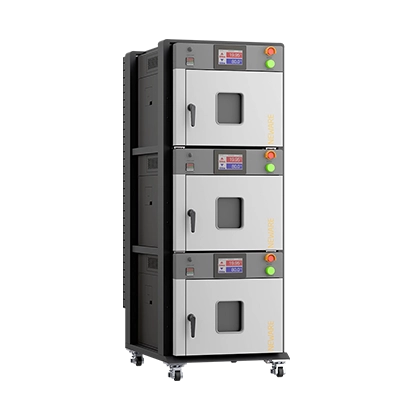
● Voltage & Current Accuracy:±0.05% F.S.
● Recording Frequency:10Hz
● Temperature Range & Deviation:-40℉ ~ 212℉±3.6℉(-40℃ ~ 100℃±2.0℃)
● Temperature Fluctuation:±0.9℉(±0.5℃)
● Heating Efficiency:68℉ → 212℉ ≤40min(20℃ → 100℃)
● Cooling Efficiency:68℉ → -40℉≤60min(20℃→-40℃)
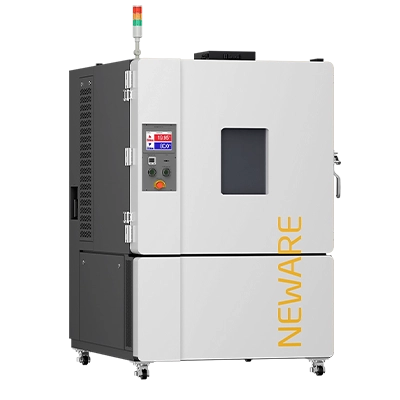
● Voltage & Current Accuracy:±0.05% F.S.
● Recording Frequency:10Hz
● Temperature Range & Deviation:-40℉ ~ 302℉±3.6℉(-40℃ ~ 150℃±2.0℃)
● Temperature Fluctuation:±0.9℉(±0.5℃)
● Heating Efficiency:68℉ → 302℉ ≤40min(20℃ → 150℃)
● Cooling Efficiency:68℉ → -40℉≤60min(20℃→-40℃)